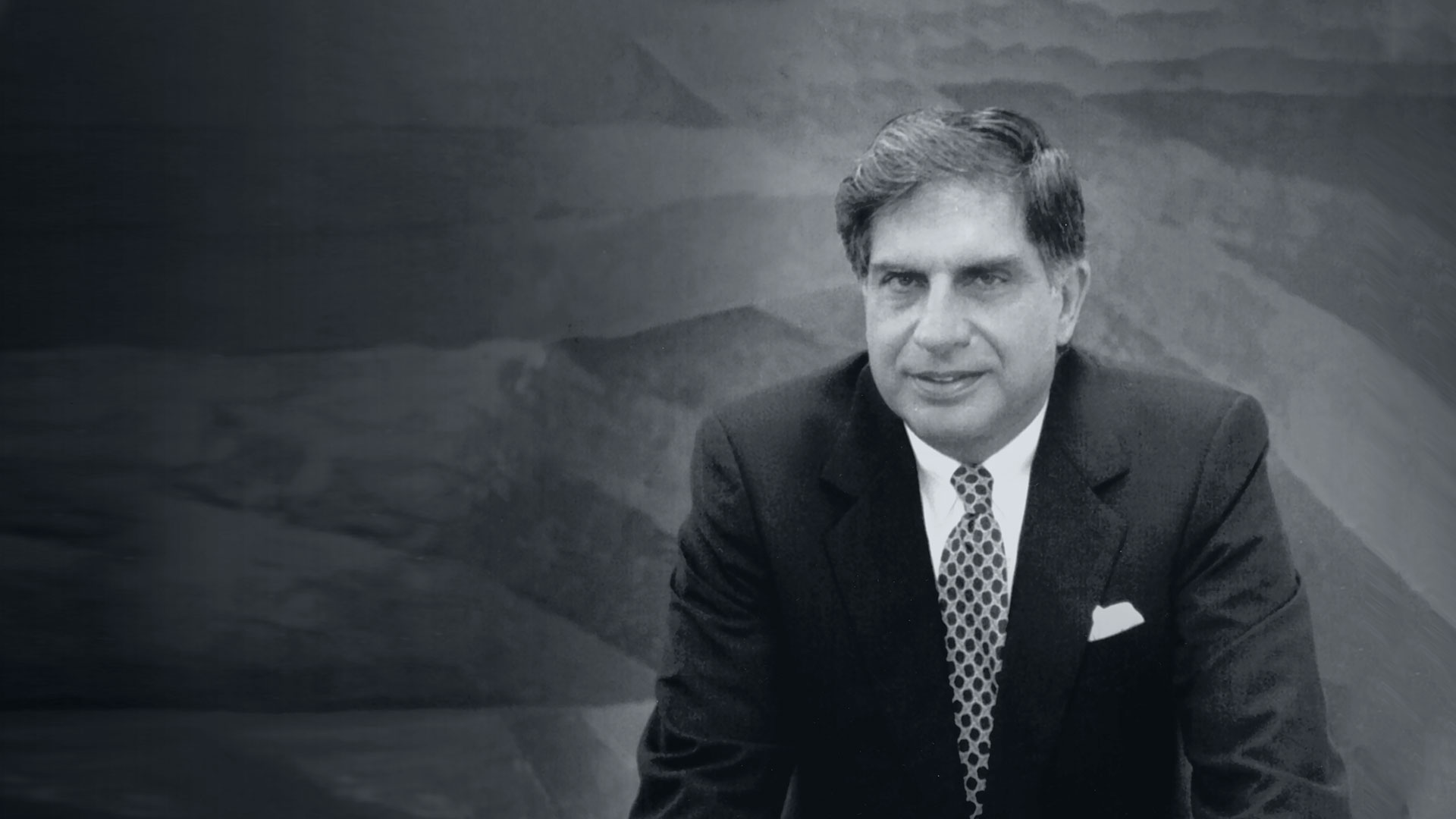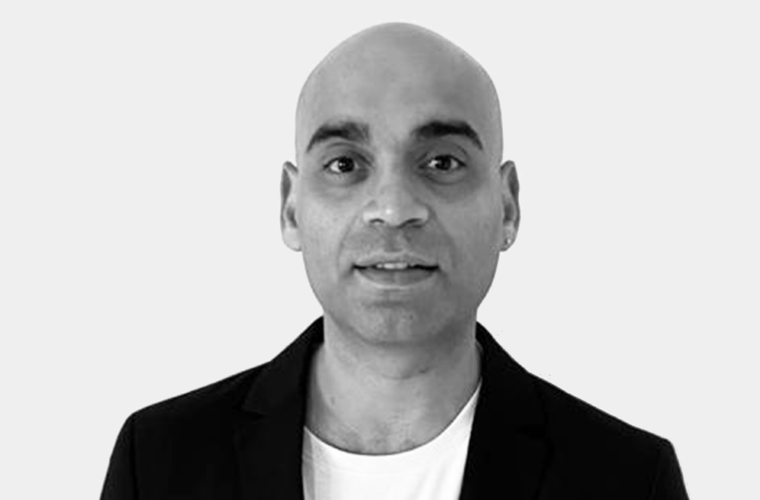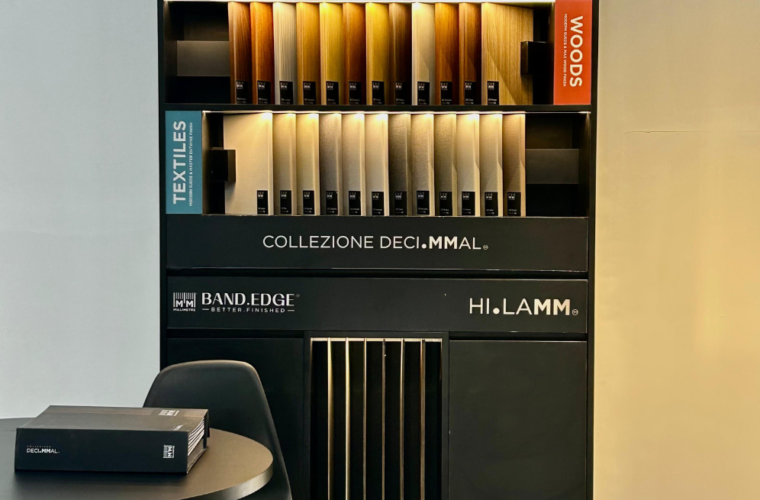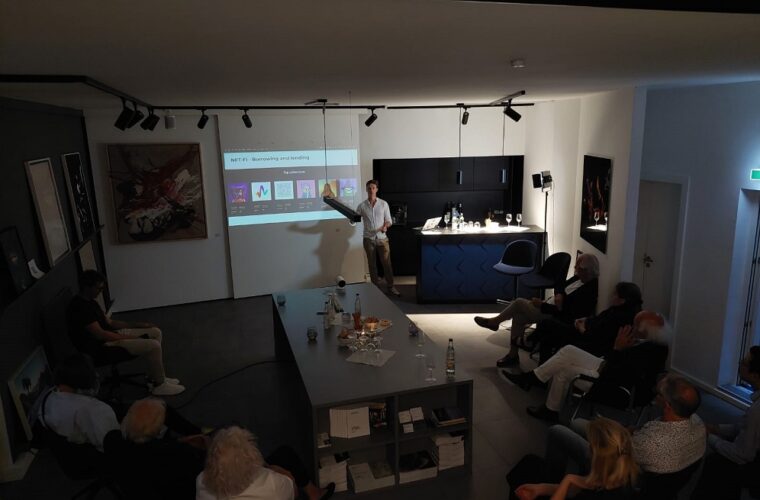Ratan Tata terms the COVID-19 crisis a wake-up call

“There should be a re-examination of what we consider acceptable standards in terms of quality of life”
– Ratan Tata, Chairman, Emeritus, Tata Sons
“We have, in the last few months, been humbled to realize that a disease could run across the globe totally changing the dimension of how we are and what we do. I think we have to consider this issue as being our problem and not their problem. We need to concern ourselves with the quality of lives everywhere. We need to ask ourselves, are we ashamed of what we see or proud of what we see. We need to consider urban communities as one. We need to look at the possibility of ownership of slums rather than rentals. We need to focus on considerably being proud of what we’re doing. Bombay and Maharashtra need to be proud of the transition that they make. And the transition needs to be real,” declared Ratan Tata, Chairman, Emeritus Tata Sons, while chairing the panel on the theme ‘Realty Check, Industry impact and business continuity’ on day 1 of the virtual panel discussion on the ‘Future of Design & Construction’ organized by CorpGini, in conversation with Utsav Mathur, Founder, CEO of GMetri.
Mr. Tata cautioned: “We just go to affordable housing, slum elimination. We’re moving slums to another location and high value housing is being put over there. But slum dwellers have to travel from further away to their places of work. Slums are the residue. For the first time, the close proximity, low value structures that we have built are the cause of new problems. The last few months have taught us that we’re suffering from close proximity. We have the image we want to project of ourselves and there’s a part we want to hide. We have social responsibilities as architects and builders. The corona issue is a wakeup call of what beholds us, what our concern is as it turns around us and holds us back. I think there should be a re-examination of what we consider to have acceptable standards in terms of quality of life. Perhaps there ought to be a revision in terms of the fact that we are dealing with communities, we’re dealing with populations that needs to be a part of new India.”
Peter Rich, Founder, Peter Rich Architects and Jimmy Mistry, CMD & Principal Designer, Della Group, concurred, that the crisis could be looked upon as an opportunity to pivot and do something that is human-centred. Bringing the spotlight back upon architects, they said, that architects and designers had a social responsibility. Architects have to be activists, they need to get together and work together, both affirmed.
Jimmy Mistry underlined that architects and designers need to be problem solvers. “The biggest factory that we have is our mind and body; we need to give design solutions,” he said. He drew attention to the way slum rehabilitation is struggling because of lack of funds combined with the fact that design has played no role in it until now.
Peter Rich felt, “We as humanitarians need to get together, talk with each other and work in collaboration with each other. It’s important to talk to community and make them part of what you are doing as it is for them. The answers are there in your own culture. We have got to address problems of the poor, who do not have proper infrastructure. We need to get together with architects, engineers and developers and work in collaboration.”
Key takeaways from the inaugural session were that technology will be extremely relevant going forward along with digitization of the sales and marketing processes, with enhancing the customer’s experience and journey being the key to this. With limited scope to work from home, office spaces will be required for collaborative work. While reverse migration will be limited, decongesting major cities may be possible wherever jobs can shift to ‘work from home’ modes.
Government support in terms of reducing mortgage rates or GST will be essential for real estate, so technology will have to be backed by supportive policies. Authorities will have to make it attractive to invest in real estate through tax incentives, reducing the time taken during the policy decision making process, giving approvals, etc. There is a need to ignite demand across segments; better planning, enhanced productivity, compact housing can make a difference.
Anil Goel, MD, Hettich, emphasised on two issues. First, each company will have to look into the supply chain and secondly, every company will have to work more on automation. Everyone will have to relook their approach.
Sharat Goyal, Managing Director & Head – India, AMP Capital, underlined that while leveraging technology will be important, the experience that you are able to deliver through technology will be critical.
Rahul Rai, Head, Real Estate Investment, ICICI Prudential AMC, felt that the COVID-19 crisis could affect the migration to major cities, which was happening till now. People would choose to go back to home towns rather than being stuck in a big city, he said.
Sanjay Ghodawat, Group Chairman, Sanjay Ghodawat Group of Industries, pointed out that if we don’t get a solution or vaccine for the Corona virus, people would prefer working from home. Instead of bigger offices, they will use smaller offices. If we get a vaccine, then the perception may be changed.
Amol Shimpi, Associate Dean & Director, RICS SBE, Amity University Mumbai, recommended that the construction industry should invest more and more into affordable housing. Developers will have to develop the habit of generating more and more jobs. From the government’s side, zero window clearance is required, instead of single window clearance.
Mayur Shah, Managing Director, Marathon Group, explained that the work from home concept has limited scope and is a temporary phenomenon. When work activity has to be done in collaboration, people will have to come back to office spaces.
Venkatesh Gopal Krishnan, CEO, Shapoorji Pallonji Real Estate, said that tax credit coupled with a combination of reduction in mortgage rates and incentives will be important in the coming time.
Amit Jain, CEO, CorpGini & Z Nation Lab, said, “Most of us would agree when there is a new concept of a study or small offices spaces to be there in the apartment itself so you can always deal with this kind of scenario going forward.”
Utsav Mathur, CEO, GMetri said “The onus is on designers to rise to this occasion, it is a resurgence of the designer and architect as a problem solver.”
The ‘Future of Design & Construction’ panel being held across three days (April 20-22, 2020) will witness an amalgamation of expertise from varied professionals within the design and construction community and the financers backing the construction industry.




